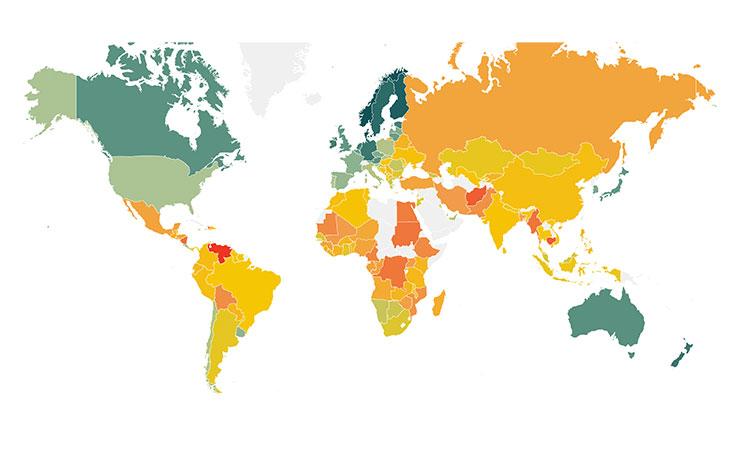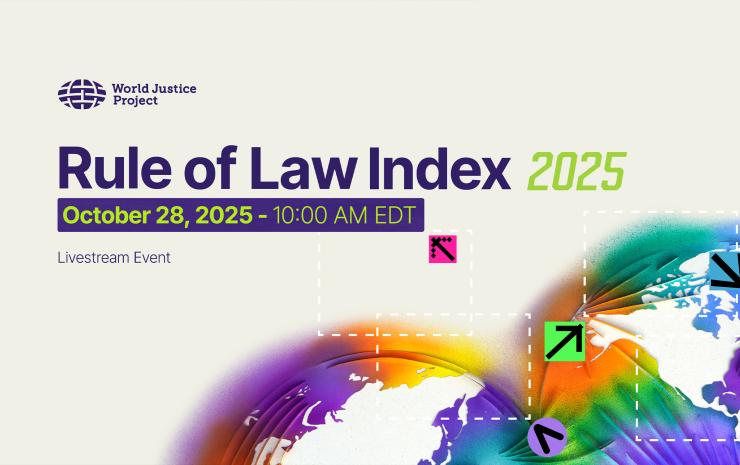
The practice of female genital cutting, or female genital mutilation (FGC/M), has been in existence for centuries. Although oftentimes associated with Islam, the practice does not fall under Sharia law and is not practiced by many Islamic groups. Additionally, many non-Muslim communities utliize the practice.
Opposition to FGC/M has been documented worldwide for decades. Last year, the UN officially banned the practice. Following this declaration, last month, UNICEF published a new report examining statistics related to FGC/M in Africa and the Middle East. This thorough report looks at the history of FGC/M, the human rights implications and changes in the practice of FGC/M in countries where it is prevalent. From the 29 countries surveyed, more than 125 million girls and women had undergone some form of the procedure.
While FGM/C takes place in many nations around the world some of the highest concentrations of the practice are in Sub-Saharan Africa, North Africa and the Middle East. All of the 29 countries used in the UNICEF study are located in one of these regions.
Legal Status and Prevalence of FGC/M
The World Justice Project’s Rule of Law Index provides insight about the rule of law in eighteen countries in Sub-Saharan Africa and seven in North Africa and the Middle East. Between the Index and the UNICEF report, there are thirteen overlapping countries. Of those thirteen, ten have laws or regulations in place that either restrict or prohibit FGC/M: Burkina Faso, Cote d’Ivoire, Egypt, Ethiopia, Ghana, Kenya, Nigeria, Senegal, Tanzania and Uganda. The nation with the highest concentration of women and girls who have undergone some form of FGC/M where the practice is prohibited is Egypt, with 91% of women and girls having done so. Of the West African countries with prohibitions in place, Burkina Faso has the highest percentage of women and girls who have experienced FGC/M: 76%. In East Africa, Ethiopia has the highest rate, with 74%.
In countries where FGC/M has been outlawed, the continued practice of FGM/C exemplifies a gap in upholding the rule of law. Of the eight factors measured in the Rule of Law Index, the two that are most relevant in the continued practice of FGM/C are numbers four and six – Fundamental Rights and Regulatory Enforcement, respectively.
Egypt received a score of 0.43 in Fundamental Rights and 0.42 in Regulatory Enforcement, coming in sixth of seven countries in the Middle East and North Africa for both categories. Burkina Faso received 0.59 in Fundamental Rights and 0.56 in Regulatory Enforcement. Unlike Egypt, Burkina Faso is much closer to the top of the rankings in Sub-Saharan Africa, coming in sixth and third of eighteen countries, respectively; however, when focusing solely on West African countries, Burkina Faso is closer to the middle for Fundamental Rights and second for Regulatory Enforcement. Ethiopia received a score of 0.41 in Fundamental Rights and 0.36 in Regulatory Enforcement, coming in last place for East African countries in both categories.
Looking at these countries in terms of region is important given the cultural implications of FGC/M. Many neighboring countries have overlapping ethnic populations, so while the governments may differ, traditional practices are likely to be more similar than those in countries across the continent of Africa. In many of these nations, the majority of women and girls believe that the practice should end, but those girls and women who choose not to undergo the procedure are often ostracized and alienated. For these women and girls and their families, adhering to regulations and laws is tantamount to refusing to adhere to tradition.
Reducing the Practice of FGC/M and Encouraging the Rule of Law
For women and girls, laws that protect women’s rights often precede changes in social norms and pressure. As such, promoting adherence to the rule of law has the potential to impact traditions. An example of this can be seen in the work of Tostan, an NGO based in Senegal. Senegal also happens to be the only West African country of this group with Index rankings higher than Burkina Faso both in Fundamental Rights (0.62 to Burkina Faso’s 0.59) and Regulatory Enforcement (0.58 to Burkina Faso’s 0.56). Additionally, Senegal’s percentage of women and girls who have undergone FGC/M is just over one-third that of Burkina Faso’s.
FGC/M has not been eradicated from Senegal completely, yet Tostan has made great strides in many communities in Senegal. Tostan, which is Wolof for “breakthrough,†was started in 1991, and is currently working with six West African nations. Senegal has been one of the most successful in implementing the program and ending female genital cutting in participating villages. As of July 2013, 6000 communities in eight countries had declared their abandonment of FGC/M. Of that number 70 communities in Senegal made this declaration in 2012 alone.
Tostan’s method revolves around a human rights-based program that discusses women and girl’s rights to health and freedom from violence. These rights are reflected in the national law, and, through Tostan, are being promoted for the benefit of women’s health. Tostan’s program also does not seek to override the existing norms and traditions, but presents a forum for dialogue that has the potential to lead to change. Acknowledging that their programs do not guarantee 100 percent eradication of FGC/M, Tostan’s true goal is to promote public declarations against the practice from leaders within communities.
Tostan’s method has proven successful. In 2008, UNICEF evaluated the villages that participated in the Tostan program. In the communities that participated between 1997 and 2001, and issued public pledges to abandon FGC/M, the occurrences of FGC/M had been reduced by 50%. In 2013, there were three public declarations against FGC/M. Among these declarations was a regional public declaration, which covered a number of smaller communities. At the most recent count, 6,500 communities have issued public declarations against FGC/M.






